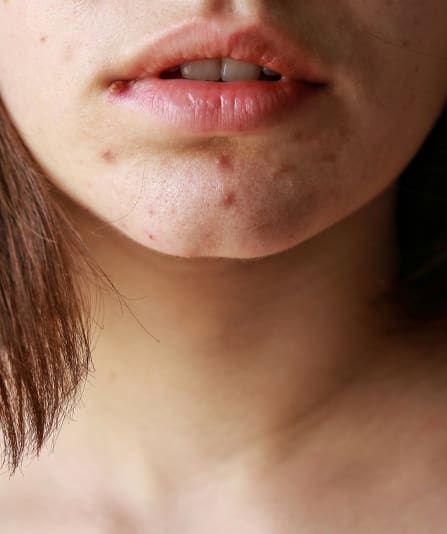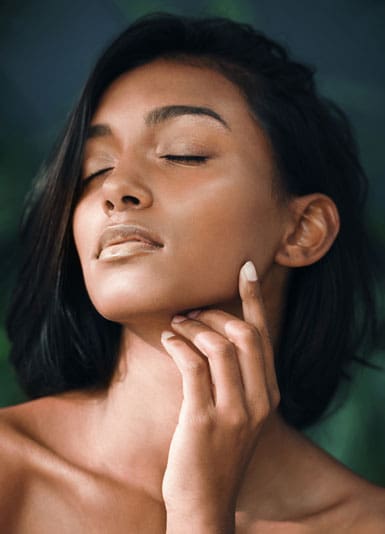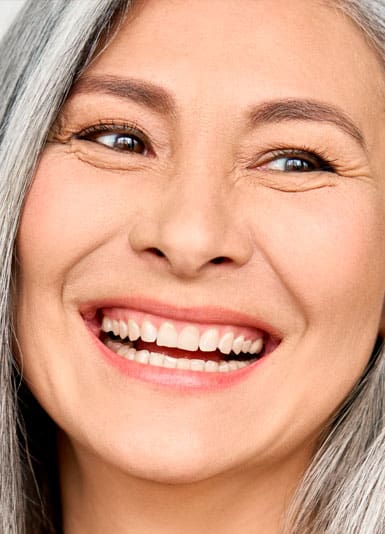Face by Mr Ioannis Goutos
Acne

Acne is a very common skin condition that leads to the formation of spots on the skin. Acne typically affects the face, although can also arise on the back and/or chest. Acne is caused by an overproduction of ‘sebum’ (the oil that your skin naturally produces to keep it moisturized) from the glands next to the hair follicles. This increased production is usually caused by a rise in hormone levels (for example during puberty or pregnancy). This can cause blockage of the pores in the skin allowing oils to accumulate and form spots.
This excess oil can also result in an abnormal accumulation of bacteria on the skin. Although it is harmless and normal for some bacteria to live on the skin (known as the ‘skin flora’), this increase in bacterial population results in inflammation and pus that can also form spots.
Acne is typically thought to occur in teenagers and puberty, but most people have been affected by acne at some point in their lives and some individuals continue to suffer from acne into adulthood. When individuals suffer from particularly widespread, cystic or painful acne this can have a significant impact on their physical and mental wellbeing. As well as being painful and unsightly, acne can become infected. If the acne is not treated promptly, is extensive, or if the individual is prone to either bulky (hypertrophic/keloid) or pitted scarring, it can also result in long term scarring in affected areas.
Book your consultation today
Book nowAbout this condition
There are different types of spots that can be caused by acne including:
- Blackheads – small black bumps in the skin
- Whiteheads – firmer, small bumps on the skin, which may appear white
- Papules – small red bumps in the skin, which may feel sore
- Pustules – small bumps, which may be sore and have a white tip caused by the presence of pus inside
- Nodules – larger red lumps under the skin that can build up causing pressure and pain
- Cysts – like large pustules which are similar to boils. These are the most extreme type of spot caused by acne and are the highest risk lesion to cause long term scarring
If you are prone to developing acne, it is important to avoid and triggers that can irritate your skin or increase the production of sebum. Certain triggers, which can worsen acne include:
- Oil-based skincare products, including make-up and moisturisers
- Skincare products that contain harsh chemicals and fragrances, which lead to skin irritation
- Not properly removing make up before going to bed
- Squeezing or picking at the spots, which can then become infected and increase the risk of scarring
If you have severe acne, or if your skin condition is having a significant impact on your life, you may wish to speak to a specialist dermatologist or plastic surgeon about advice and treatments. There are a number of prescription-strength creams and medications, which can reduce the occurrence of acne and infection in the spots. In addition to these, an experienced plastic surgeon may be able to offer further treatments using laser, injections and needling and other surgical techniques. These should only be done by an experienced professional as, if used incorrectly, make acne worse or increase the risk of infection and scarring.

Testimonials
Mr Goutos is delighted to share some of his patient and peer feedback on their experiences of his services.











